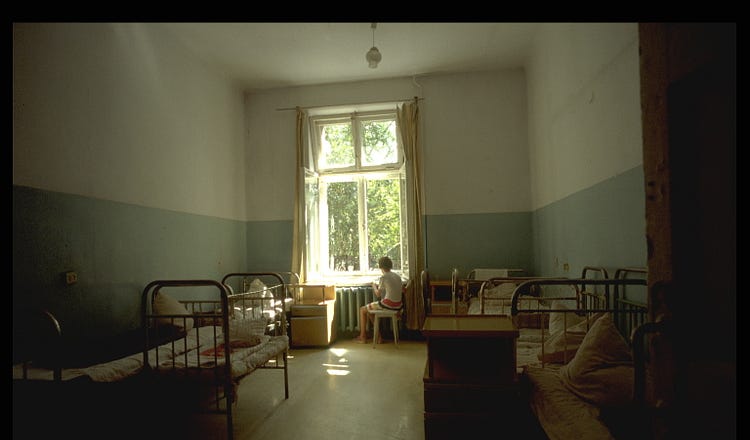The Cancer Stories You Never Hear

Girl suffering from leukemia in her room at a hospital. (Antoine Gyori/Sygma via Getty Images)
I’m often asked why I would spend my career focused on the unpredictable, unrelenting misery of cancer. Here’s why.
208
Recently, some residents asked me why I had chosen my medical specialty.
“Why oncology?”
Why indeed…
The truth about life is that so often it is a chance encounter, an uncertain leap that takes us into the careers we “choose.” My own story of how I came to become a hematologist-oncologist is full of the randomness of my own life.
That’s not what they were a…
Continue Reading The Free Press
To support our journalism, and unlock all of our investigative stories and provocative commentary about the world as it actually is, subscribe below.
$8.33/month
Billed as $100 yearly
$10/month
Billed as $10 monthly
Already have an account?
Sign In


